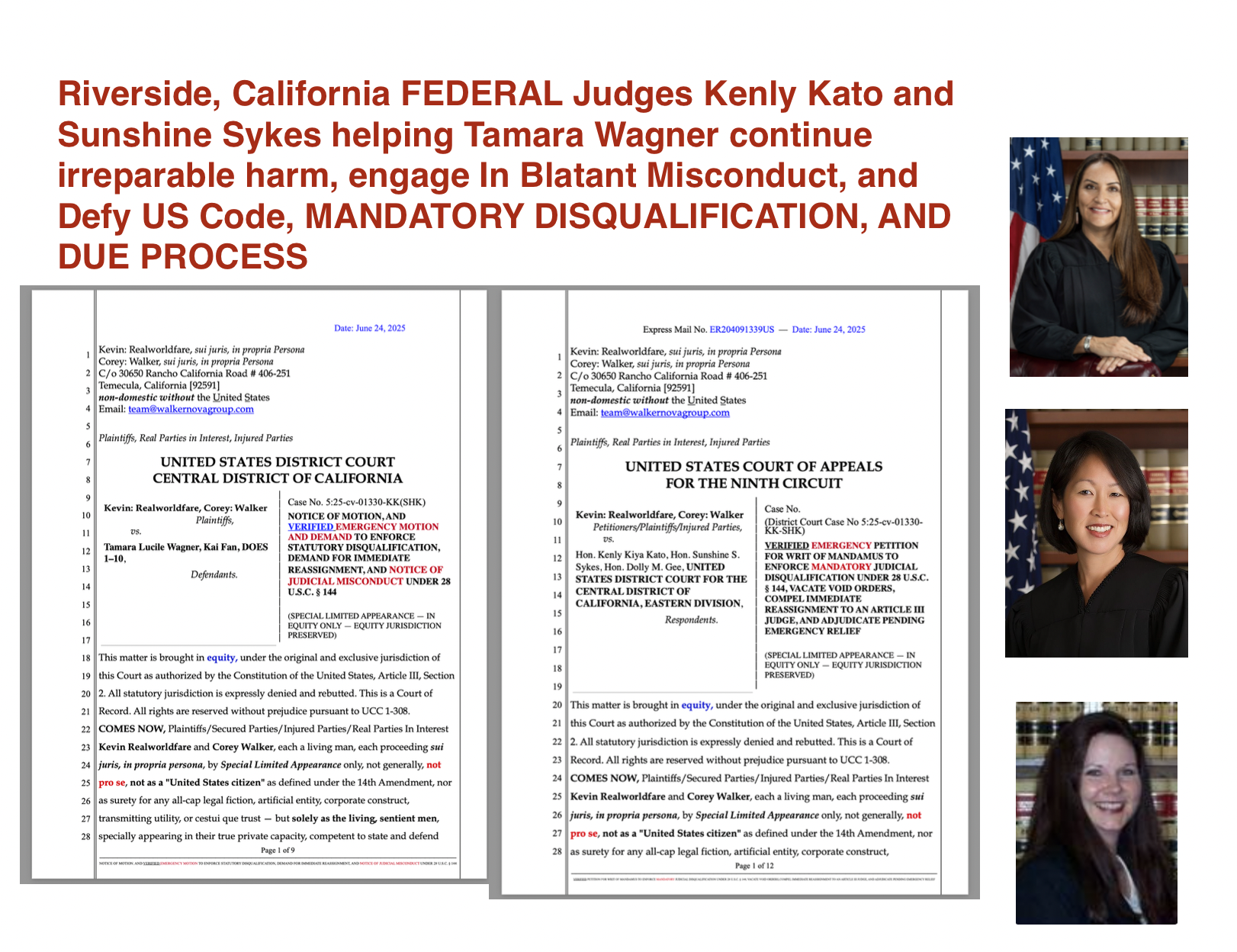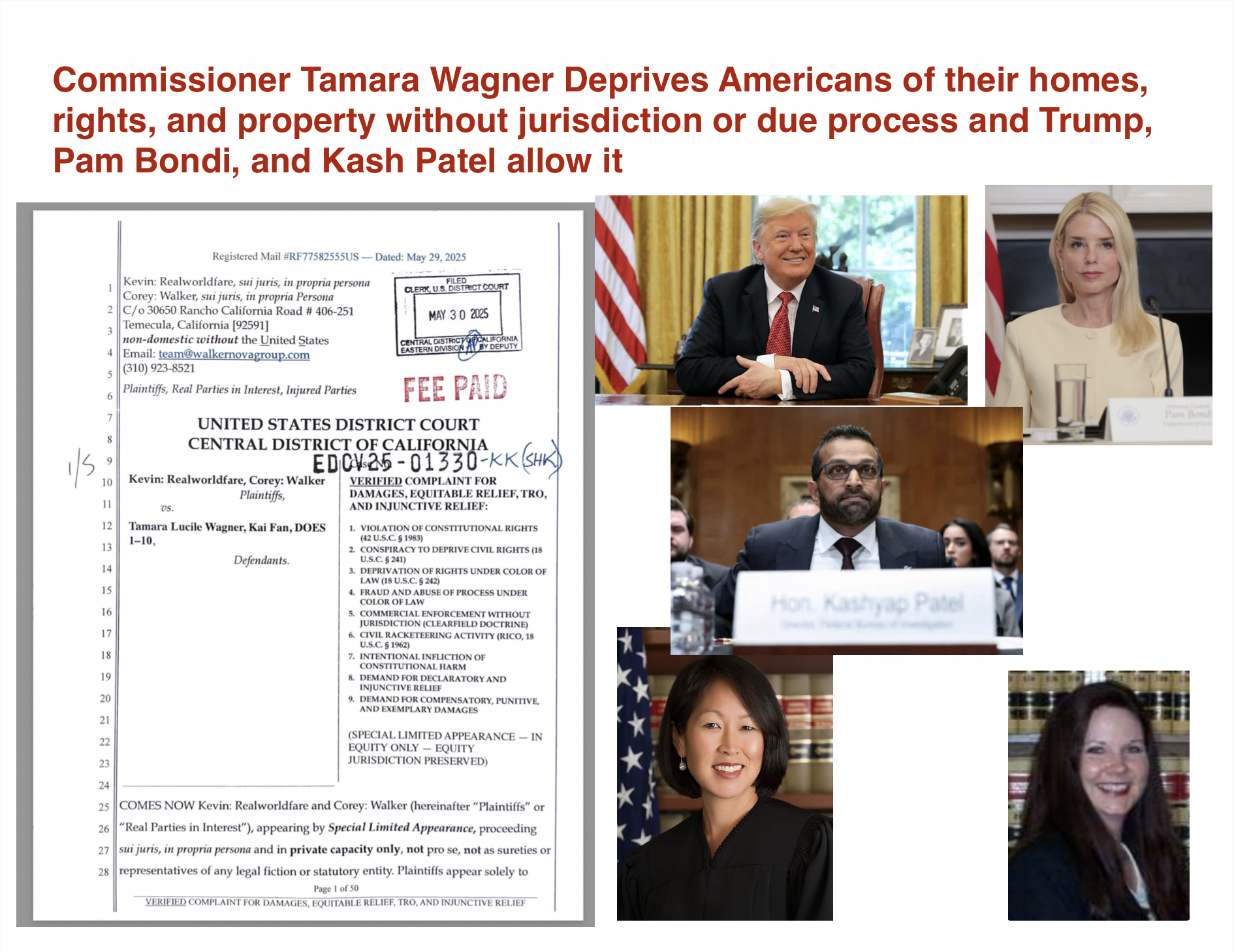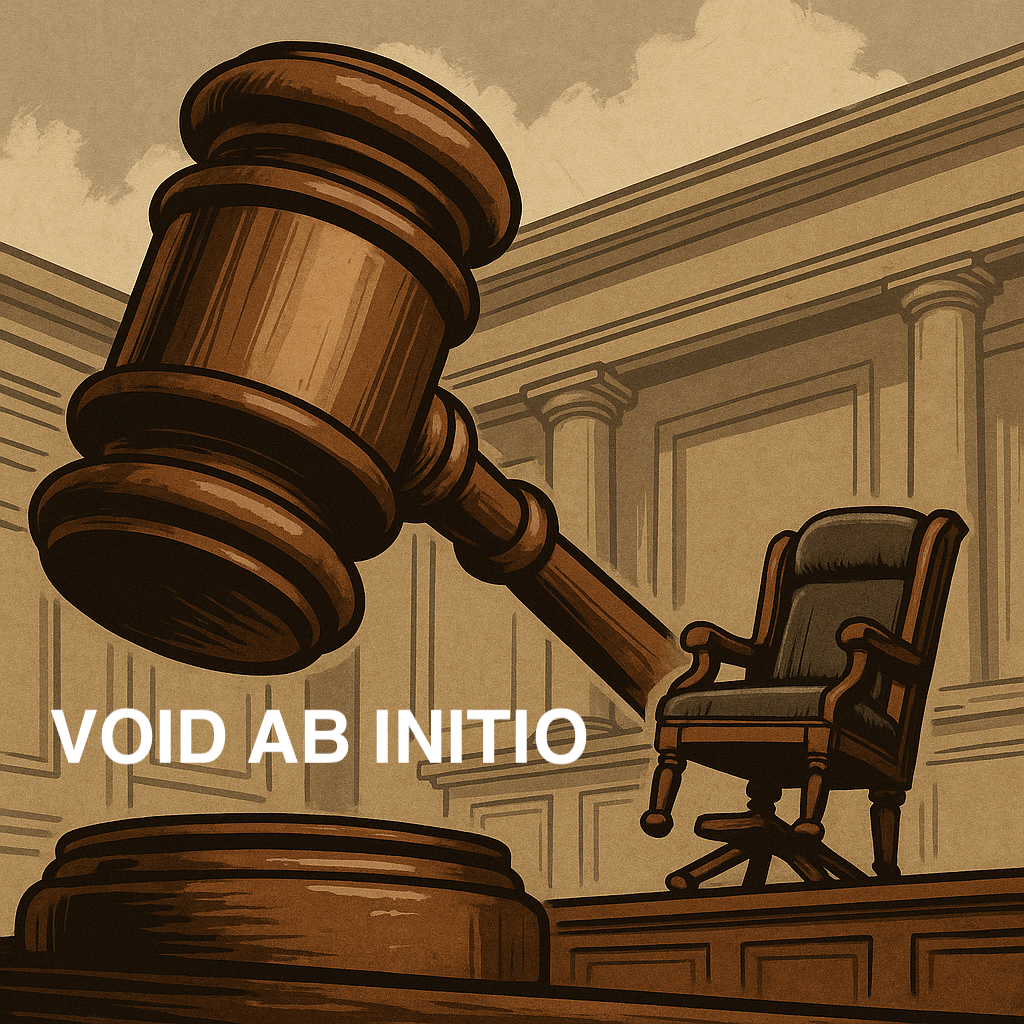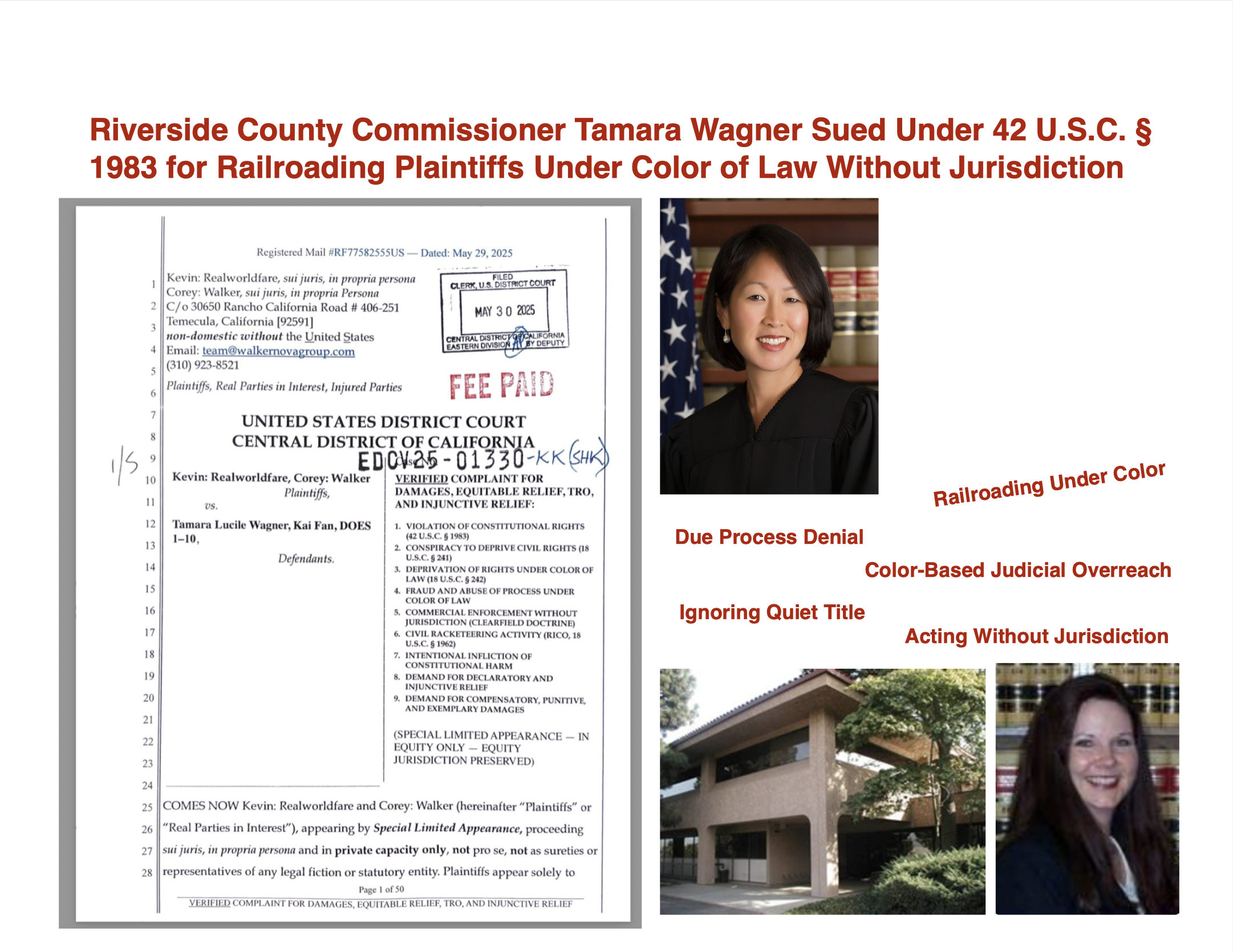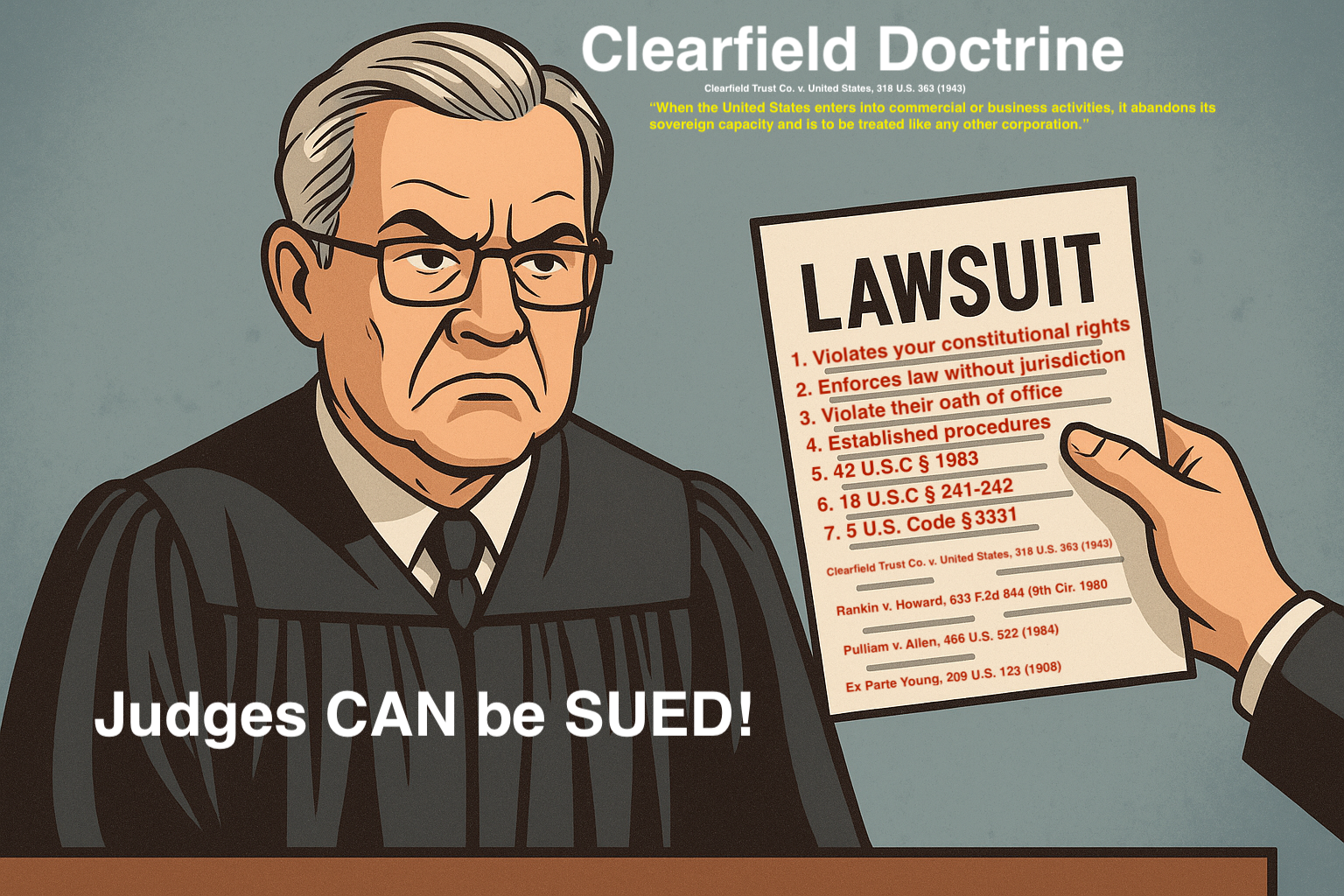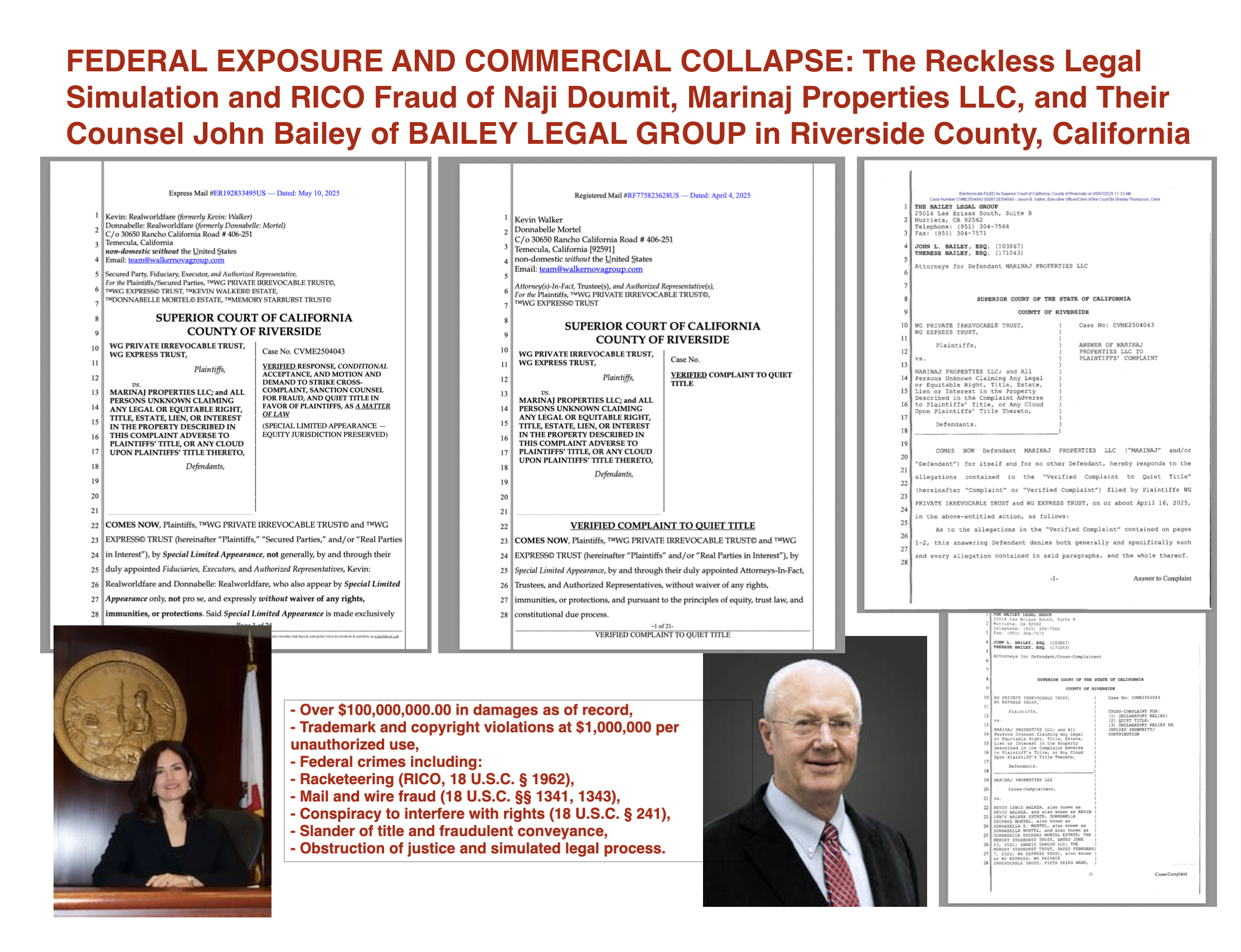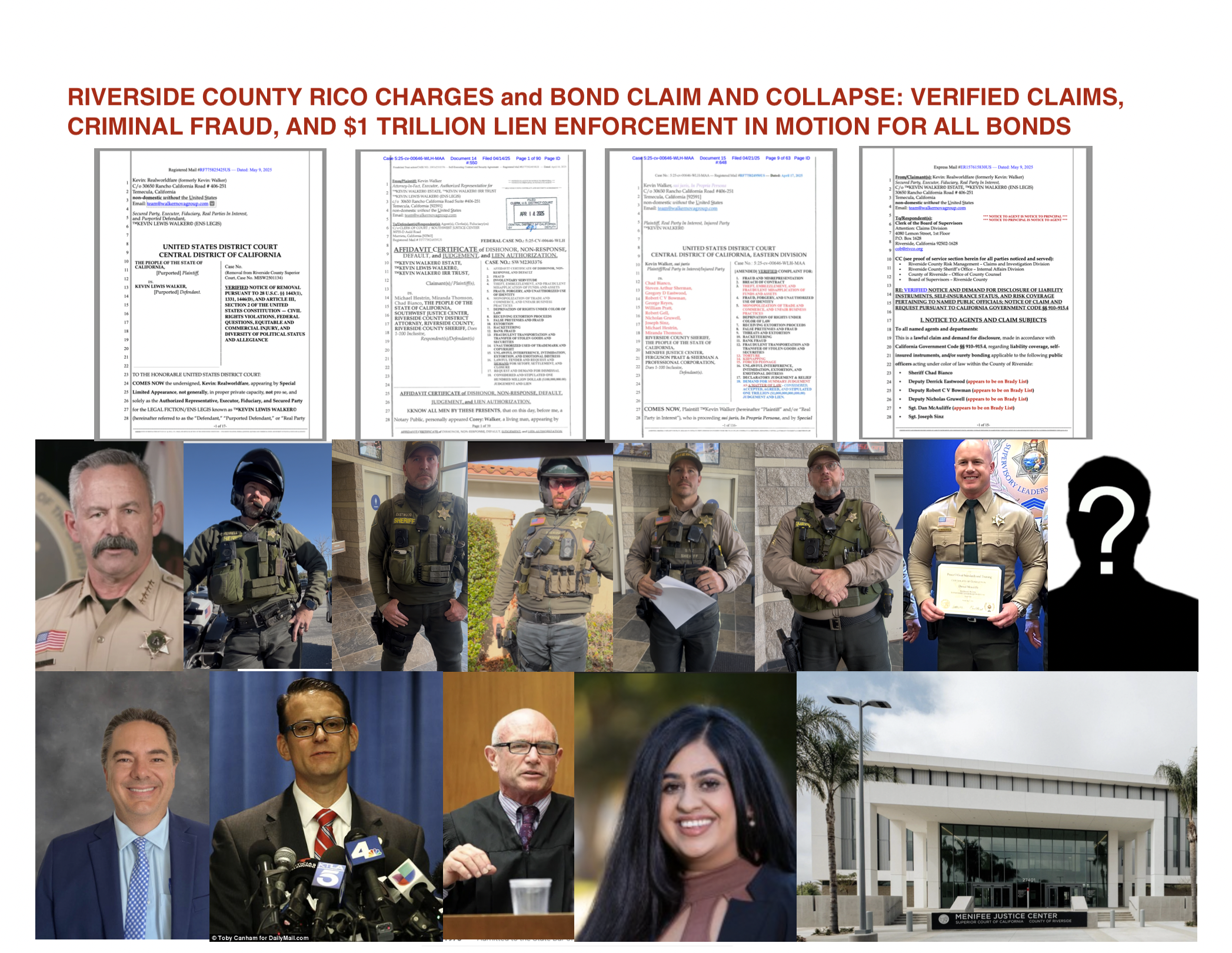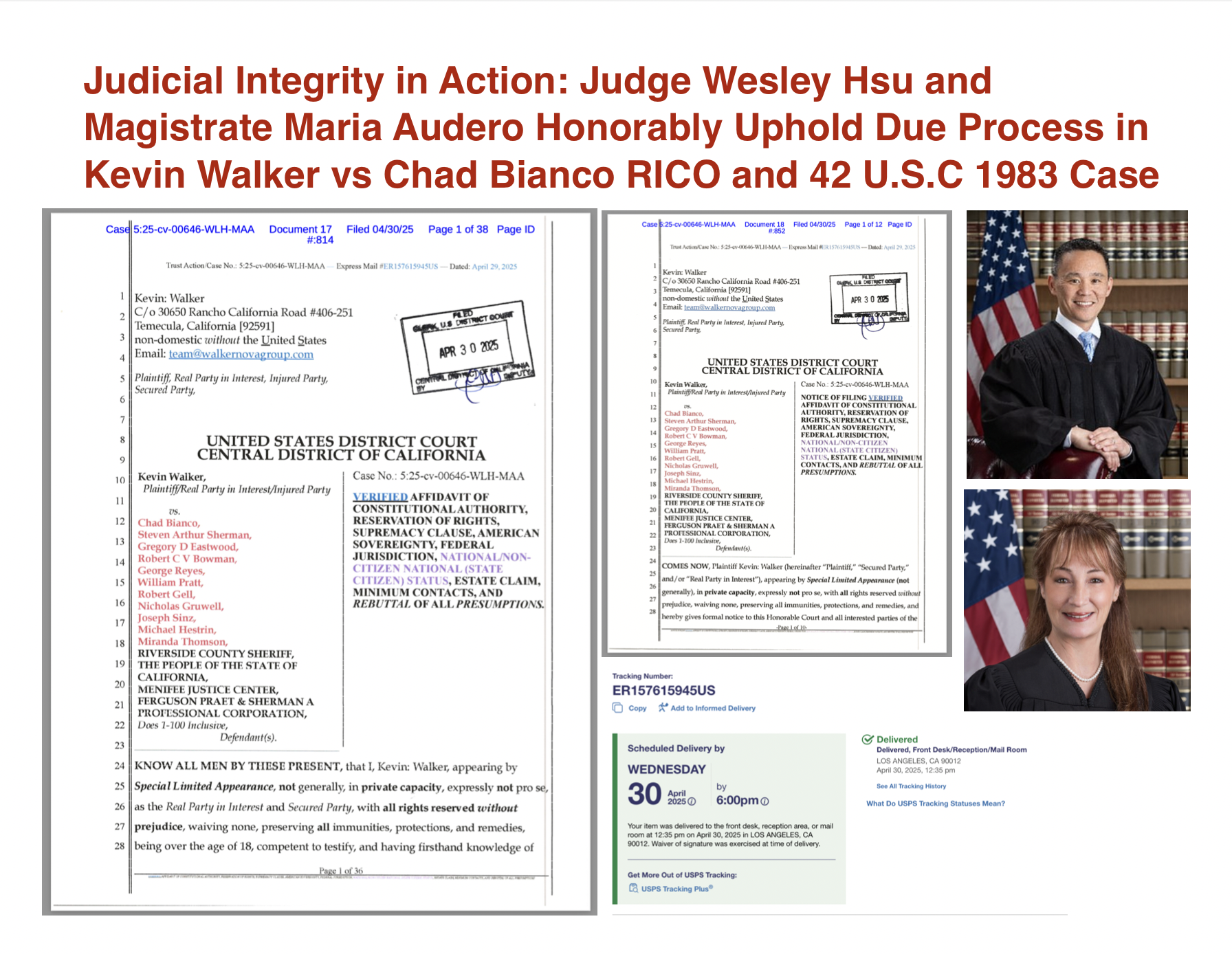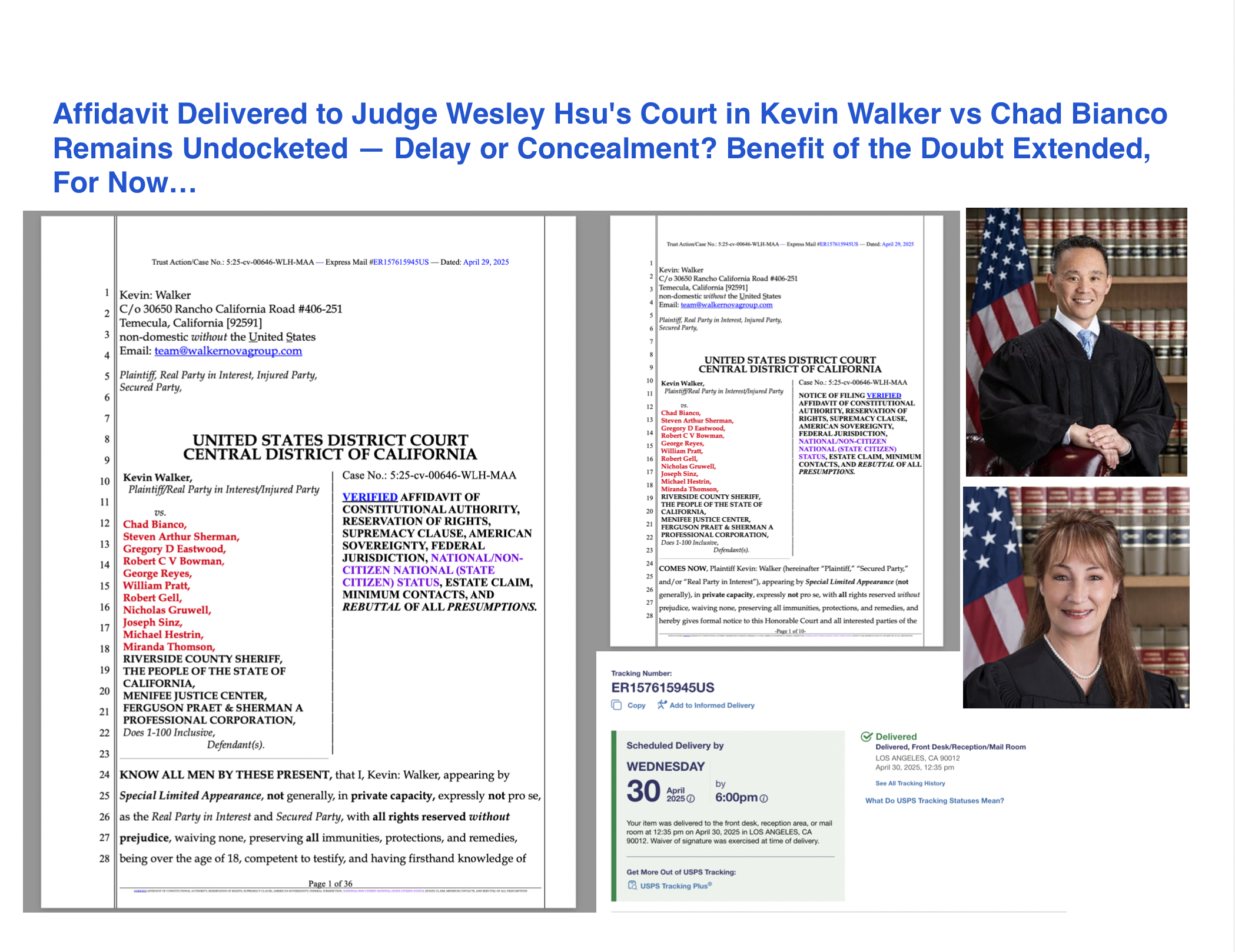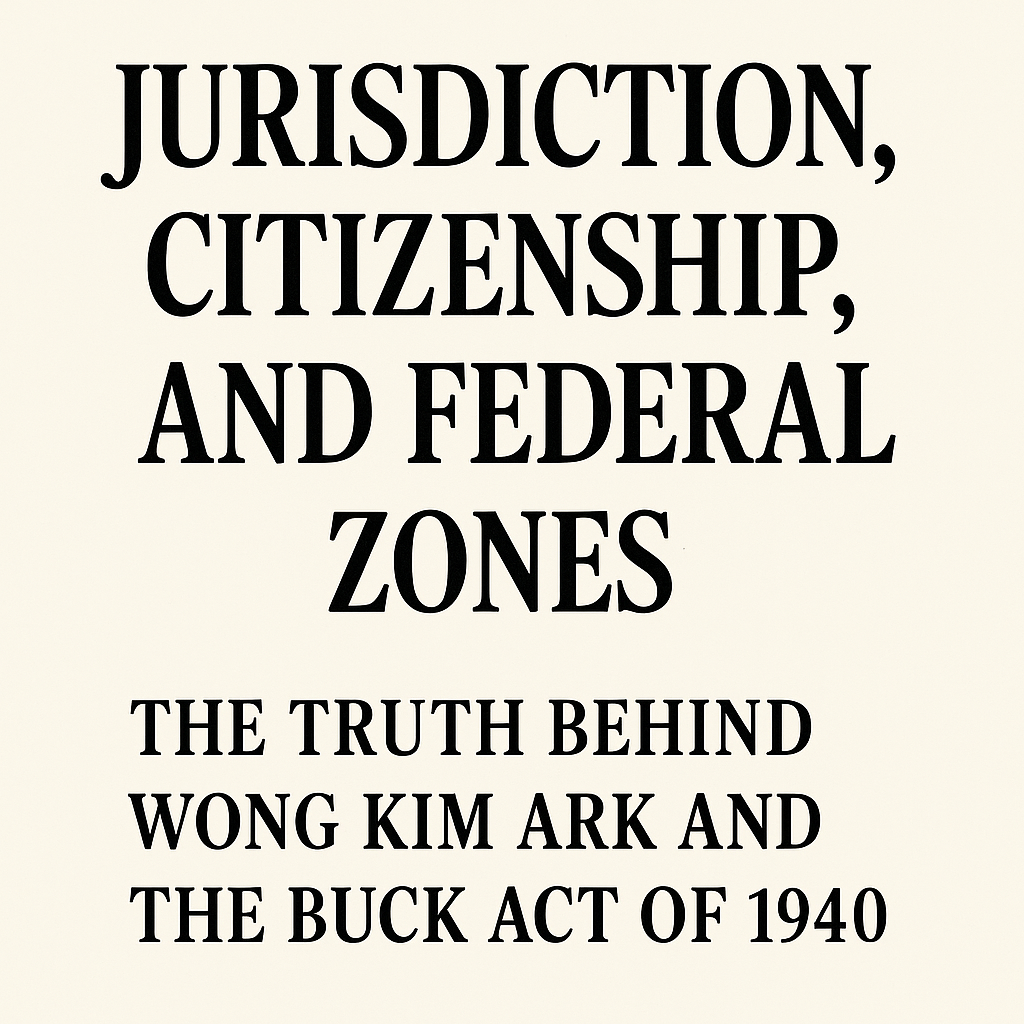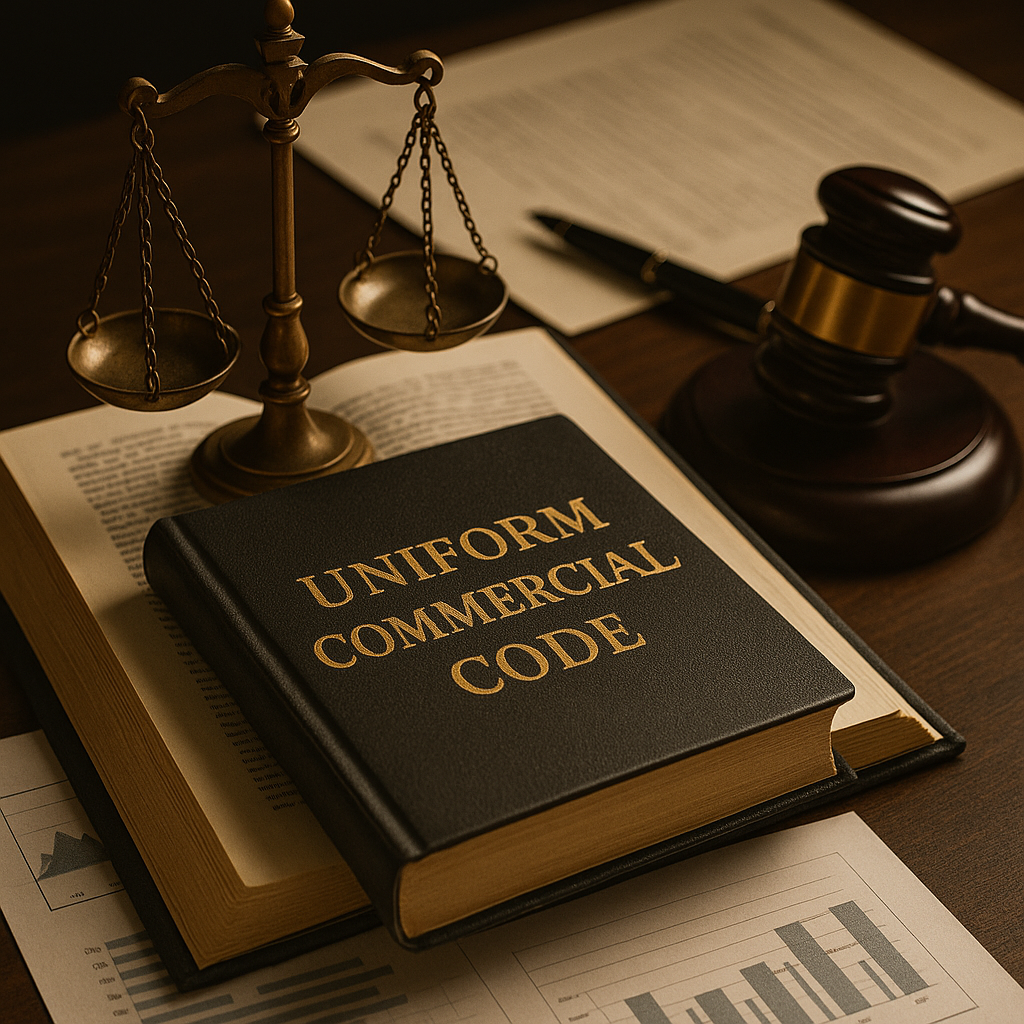
How the UCC is Codified in EVERY State: A State-by-State Codification of the UCC and Core Commercial Law Principles
UCC §§ 1-103, 3-104, 3-601, and 3-603 operate as the foundation of lawful commercial remedy across all 50 states. Section 1-103 ensures equity, common law, and the Law Merchant remain enforceable alongside UCC processes. Section 3-104 defines what qualifies as a negotiable instrument—an essential element in debt discharge. Section 3-601 codifies the principle that all obligations can be discharged by contract, agreement, or valid performance. Section 3-603 delivers the lethal commercial strike: once lawful tender is made—even if refused—the obligation is discharged as a matter of law. These statutes, codified in every U.S. jurisdiction, are the legal artillery that allow secured parties and private trusts to assert control, tender discharge, and permanently terminate fraudulent or unperfected claims. Use them with precision—or be used by those who will.

